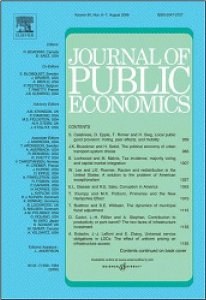

Erik Plug
Biography
Erik Plug is Professor of Economics at the University of Amsterdam. His main research interests relate to family, education and labour economics.
Key publications

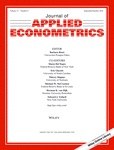
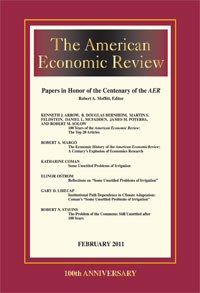
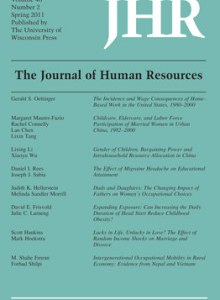
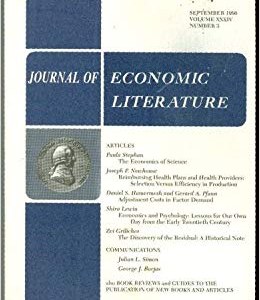
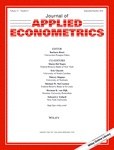
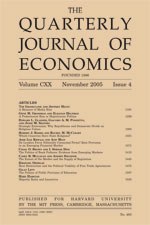
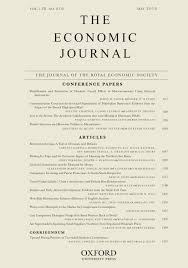
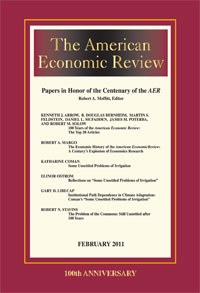
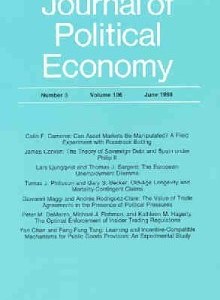
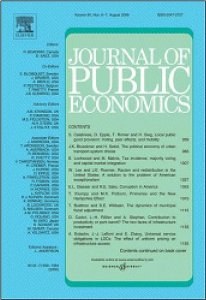
List of publications
Hofmarcher, T. and Plug, E. (2022). Specialization in same-sex and different-sex couples Labour Economics, 77:.
Egebark, J., Ekström, M., Plug, E. and \van Praag\, M. (2021). Brains or beauty? Causal evidence on the returns to education and attractiveness in the online dating market Journal of Public Economics, 196:.
Geijtenbeek, L. and Plug, E. (2018). Is there a penalty for registered women? Is there a premium for registered men? Evidence from a sample of transsexual workers European Economic Review, 109:334--347.
Plug, E., van der Klaauw, B. and Ziegler, L. (2018). Do Parental Networks Pay Off? Linking Children's Labor-Market Outcomes to Their Parents' Friends The Scandinavian Journal of Economics, 120(1):268--295.
Buser, T., Geijtenbeek, L. and Plug, E. (2018). Sexual orientation, competitiveness and income Journal of Economic Behavior and Organization, 151:191--198.
Gerritsen, S., Plug, E. and Webbink, D. (2017). Teacher quality and student achievement: Evidence from a sample of Dutch twins Journal of Applied Econometrics, 32(3):643--660.
Buser, T., Oosterbeek, H., Plug, E., Ponce, J. and Rosero, J. (2017). The impact of positive and negative income changes on the height and weight of young children World Bank Economic Review, 31(3):786--808.
Lundborg, P., Plug, E. and Rasmussen, A. (2017). Can women have children and a career? IV evidence from IVF treatments American Economic Review, 107(6):1611--1637.
Leuven, E., Plug, E. and Rønning, M. (2016). Education and cancer risk Labour Economics, 43:106--121.
\de Haan\, M., Plug, E. and Rosero, J. (2014). Birth order and human capital development: evidence from Ecuador Journal of Human Resources, 49(2):359--392.
Holmlund, H., Lindahl, M. and Plug, E. (2011). The causal effect of parents' schooling on children's schooling: a comparison of estimation methods Journal of Economic Literature, 49(3):615--651.
\de Haan\, M. and Plug, E. (2011). Estimating intergenerational schooling mobility on censored samples: consequences and remedies Journal of Applied Econometrics, 26(1):151--166.
Bjorklund, A., Lindahl, M. and Plug, E. (2006). The Origins of Intergenerational Associations: Lessons from Swedish Adoption Data Quarterly Journal of Economics, 121(3):999--1028.
Plug, E. and Vijverberg, W. (2005). Does Family Income Matter for Schooling Outcomes? Using Adoption as a Natural Experiment Economic Journal, 115(506):879--906.
Plug, E. and Berkhout, P. (2004). Effects of Sexual Preferences on Earnings in the Netherlands Journal of Population Economics, 17(1):117--131.
Plug, E. (2004). Estimating the effect of mother's schooling on children's schooling using a sample of adoptees American Economic Review, 94(1):358--368.
Groot, W., \Maassen van den Brink\, H. and Plug, E. (2004). Money for health: The equivalent variation of cardiovascular diseases Health Economics, 13(9):859--872.
Hartog, J., Plug, E., \Diaz Serrano\, L. and Vieira, J. (2003). Risk compensation in wages - a replication Empirical Economics, 28(3):639--647.
Plug, E. and Vijverberg, W. (2003). Schooling, family background, and adoption: Is it nature or is it nurture Journal of Political Economy, 111:611--641.
Plug, E. (2001). Season of birth, schooling and earnings Journal of Economic Psychology, 22:641--660.
Rengers, M. and Plug, E. (2001). Private or Public? How Dutch Visual Artists Choose between Working for the Market and the Government Journal of Cultural Economics, 25:1--20.
Plug, E., \van Praag\, B.M.S. and Hartog, J. (1999). If we knew ability, how would we tax individuals? Journal of Public Economics, 72(2):183--211.
Plug, E. and Levin, J. (1999). Instrumenting Education and the Returns to Schooling in the Netherlands Labour Economics, 6(4):521--534.
Plug, E. and \van Praag\, B.M.S. (1998). Similarity in Response Behavior between Household Members: An Application to Income Evaluation Journal of Economic Psychology, 19:497--513.